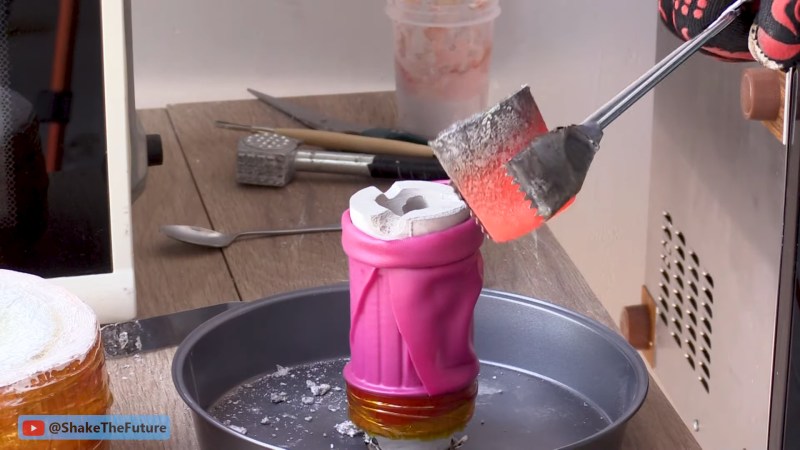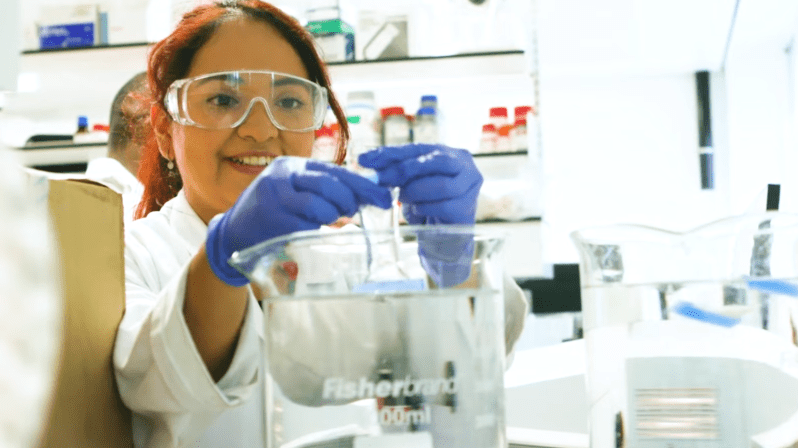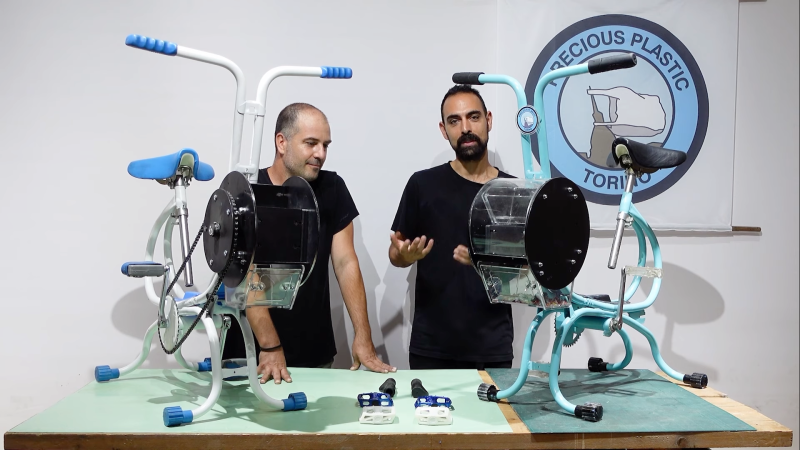Lost Print Vacuum Casting in a Microwave

Hacks are rough around the edges by their nature, so we love it when we get updates from makers about how they’ve improved their process. [Denny] from Shake the Future …read more Continue reading Lost Print Vacuum Casting in a Microwave


